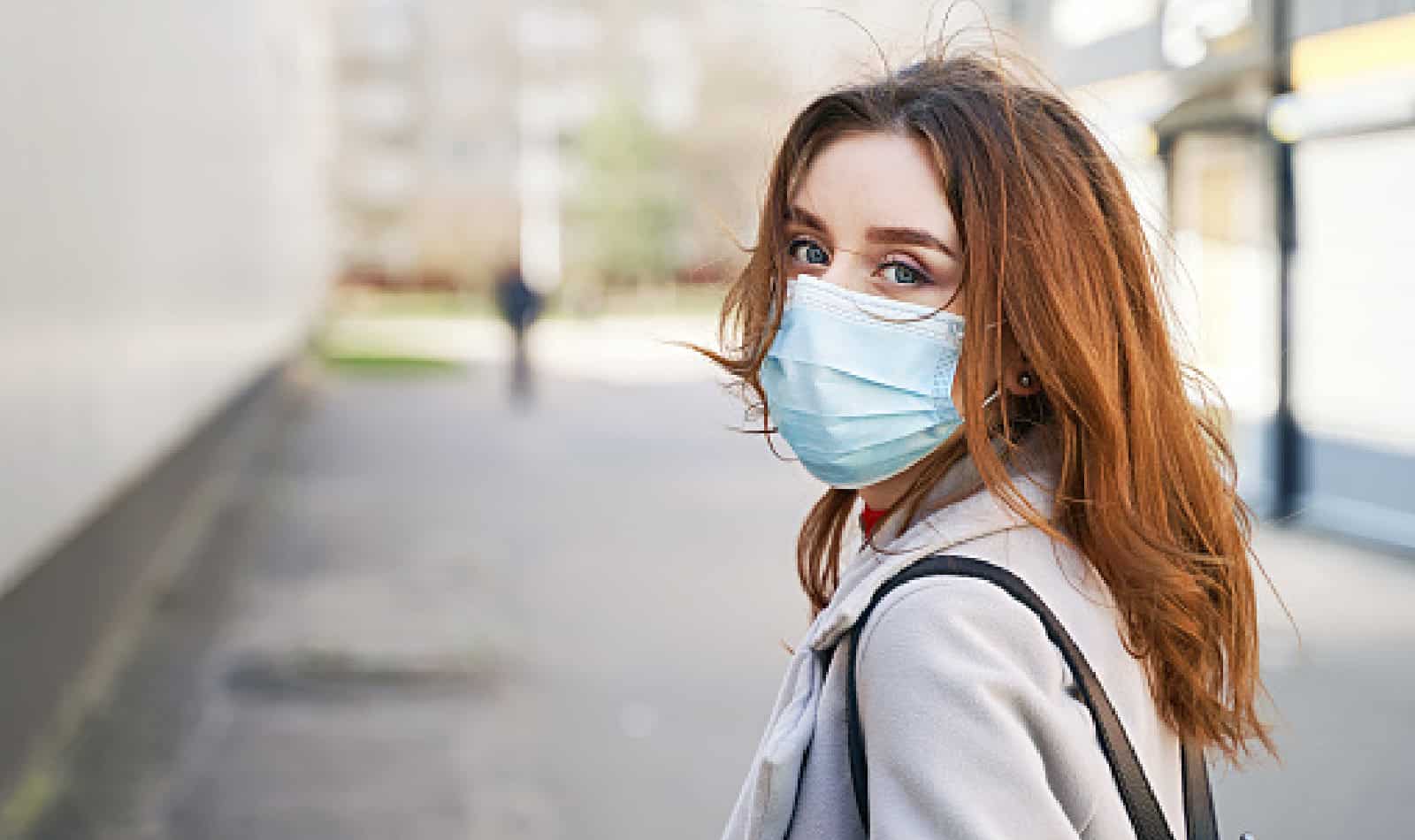Wearing a face mask has become the norm for billions of people around the world as a way to stay healthy. But while wearing a mask guards us against diseases, it may cause skin conditions such as rashes, rosacea, dermatitis, folliculitis, or acne mechanica.
The latter, also known as maskne, occurs when friction, heat, and moisture caused by prolonged wear of facial masks result in pimples or acne. Since having acne can have a negative effect on self-esteem and how we socialize with others, it’s important to know how to deal with this skin condition so you can have clear and healthy skin.
Here’s what you can do to prevent and treat maskne.

Be gentle
According to Viva Day Spa, proper skincare, as well as regular treatments to detoxify and clarify skin, can all help to prevent or improve acne. To deal with maskne, you can follow your regular skincare routine, but you may need to modify it so as not to further aggravate your skin condition.
If you routinely use products such as chemical peels or exfoliating scrubs, it may be time to switch to a gentler skin care routine. Scrubs and harsh chemicals can cause damage to the skin barrier and make maskne even worse, so only use a gentle, low Ph facial wash to cleanse skin, and only use your finger tips while washing your face.
You may also switch to skincare products with little to no fragrance, and avoid any facial product that contains occlusive or heavy ingredients such as shea butter or castor oil.
Wash your face mask
Some disposable face masks feel rough and itchy on the skin, and this is why so many people have switched over to fabric masks. To prevent maskne, it’s important to wash your face mask after every use.
Oils, makeup, and dirt can get trapped in the fabric, and wearing a dirty mask can result in clogged pores, skin irritation, and acne. Wash your mask by hand with a mild detergent such as castile soap, and skip the fabric conditioner.
It’s a good idea to have at least three to four fabric masks on hand so you can have a clean mask whenever you need one, and choose cotton masks to let your skin breathe.
Skip the heavy makeup
Wearing heavy, oil-based makeup under your mask is a recipe for maskne. If you can’t bear to go bare-faced, switch to a powder foundation or a light base, such as a tinted moisturizer, and apply makeup with a light hand. You can also switch to a water-based facial sunscreen to prevent your pores from getting clogged.
Being gentle with your skin and having the right skincare routine can do much to prevent and reduce maskne. In case of serious acne problems, consult a dermatologist for proper treatment and medication.


